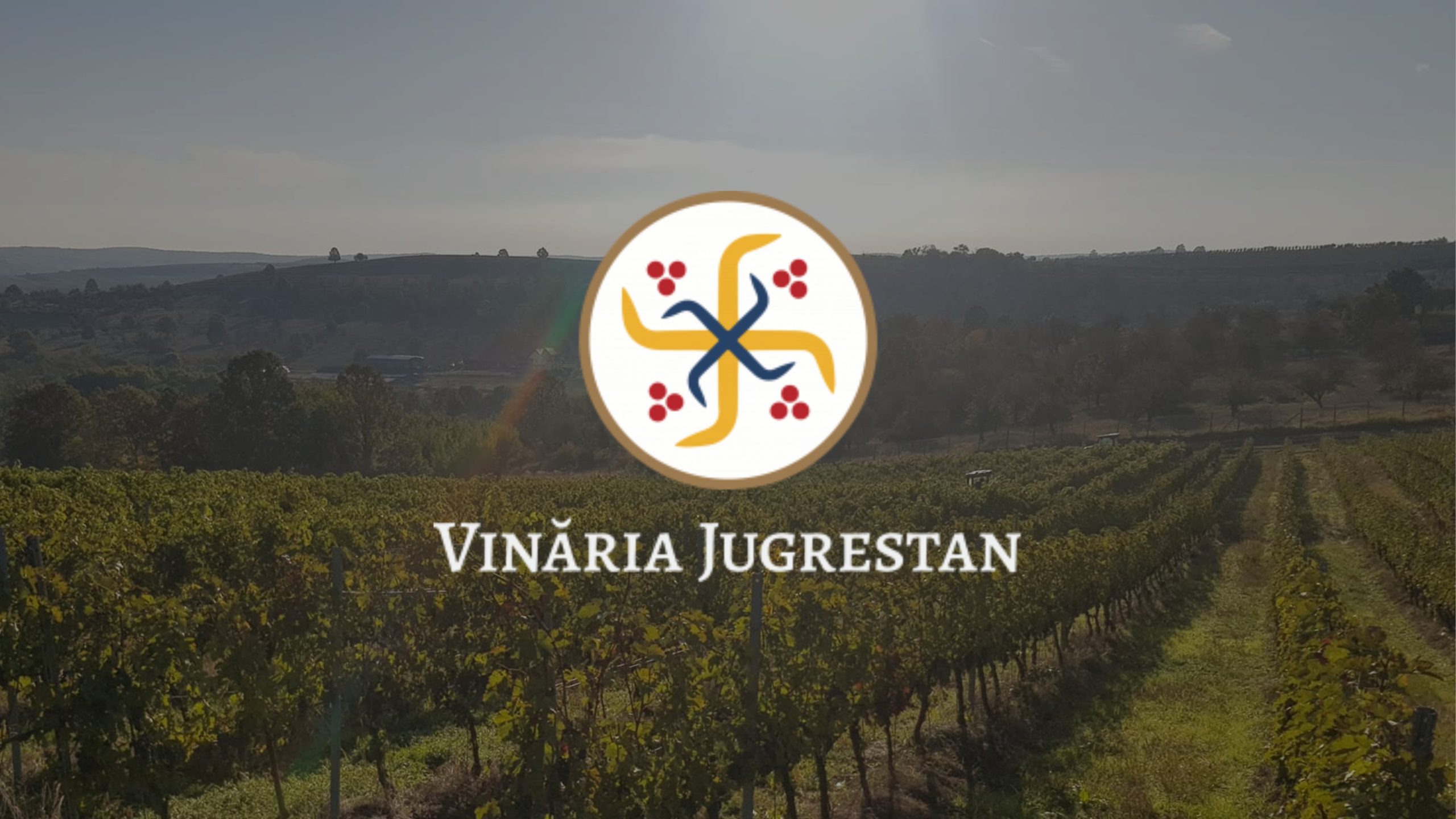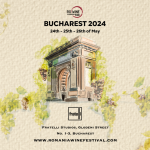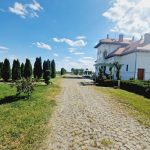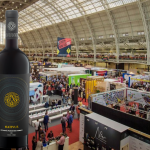Many wine enthusiasts have at least heard of Jugrestan Winery, and some may have even tasted their wines, thanks to proper branding and various promotional efforts. Although located in the extreme north of the country, near Carei, in Satu Mare County (which was, for a while, part of the Maramures Region), Jugrestan wines reach stores in Floreasca faster than they do in their own city. But there is hope for change.
Jugrestan, wine with a soul, one row at a time
The winery’s story begins in the 1980s when Ioan Jugrestan rented several rows of vines from "Gostat," the former state-owned properties, abandoned by the Swabians who had fled to Germany. Later, he idendified the former owners and he was able to buy them. "I was just a kid back then," recounts Cristian Jugrestan, Ioan’s son and the one who laid the official foundations of the company. "I know he took about four rows at first, and some hybrids. Then he got concrete poles, new wires, and helped the vines; you can still see now that they’re more to one side, pulled to the wire. There were some Iordana vines, some Ardeleanca, Feteasca alba, Rhein Riesling. Later on, we got cuttings from our plats and multiplied the plants in Ciumbrud."
Today, the vineyard is divided into four parts, totaling just under a hectare. Because, in Satu Mare, the inheritances passed down from generation to generation are small, especially when it comes to vineyards. "It is a different world here. Think that this is the place where the last witches were burned, in 1745. But in the 16th-17th century, so that people wouldn’t leave, the local nobleman gave each person between 51 and 57 ares of land, half a hectare, and many properties remained like that. And it was also that nobleman who then issued a series of 26 rules about how to work the land and how to make wine. If you added water to the wine, your hand would be cut off, for example. But what’s interesting is that only black grapes were allowed, and the red wine from here was greatly loved in Vienna; the white grapes were planted later, by the Swabians," Cristian Jugrestan explains.
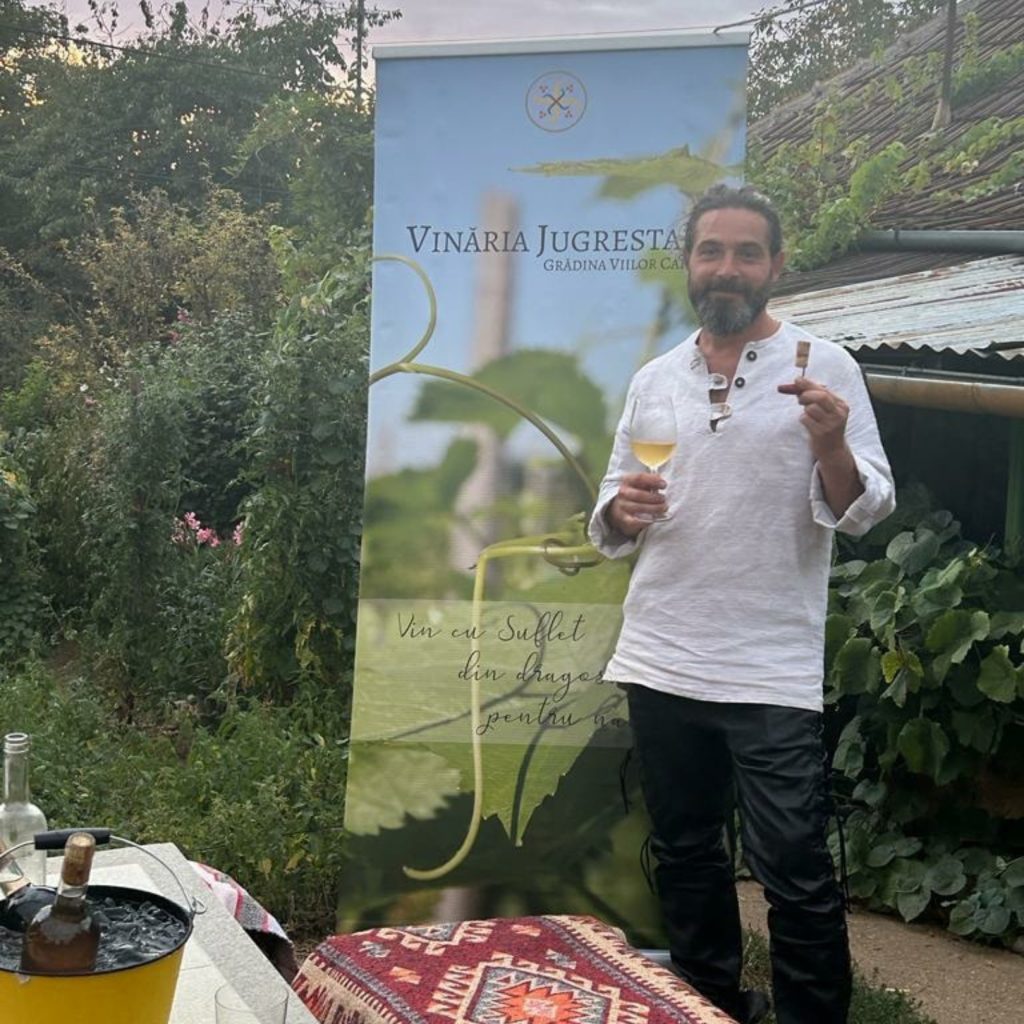
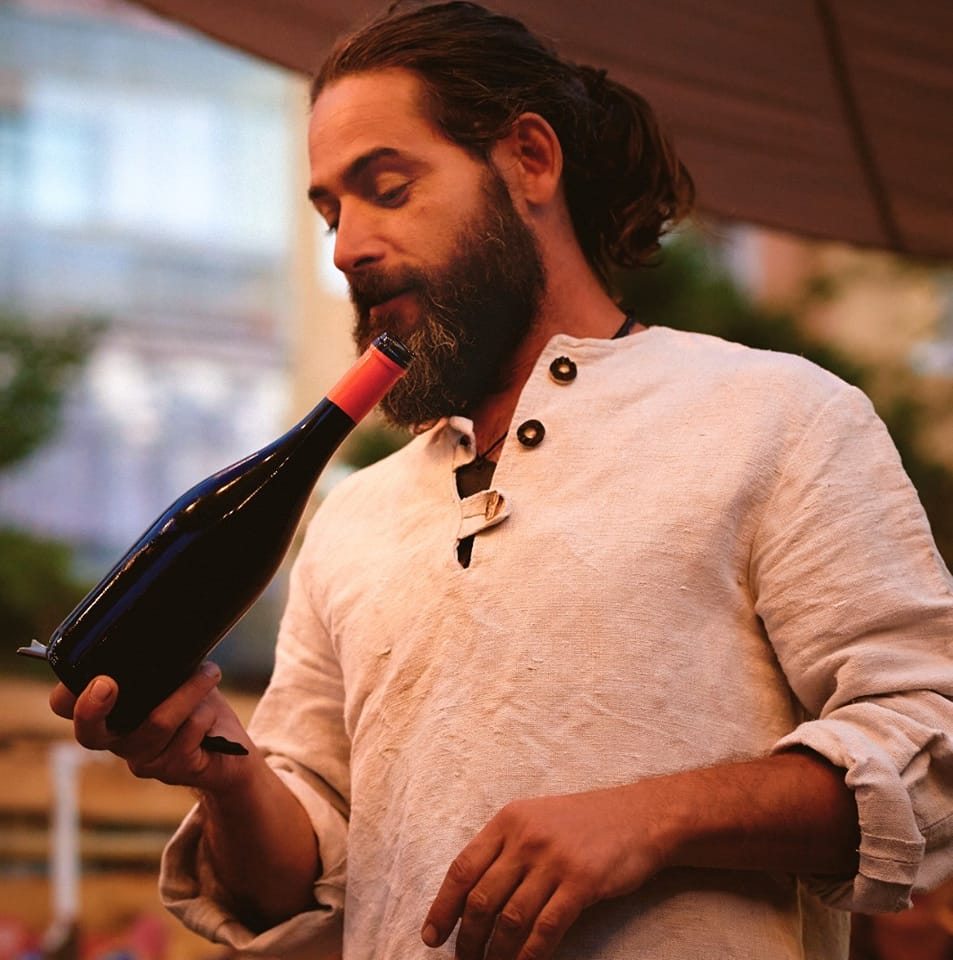
Carei terroir, good for red grapes
Although, for most Romanians, Satu Mare is synonymous with the extreme north of the country, with cold and harsh winters, the terroir in Carei is much more complex, and people have learned over time how to cope with the winter frosts. Summers are extremely hot due to the airflow from the Pannonian Plain. The vineyards, just a 30-40 minute walk from the city, barely reach 150 meters in altitude and sit on a soil with clay, chernozem, and fertile red-brown soil, with a lot of limestone deep down, which helps, on the one hand, the old vines, and on the other hand, provides an outstanding acidity. "We’ve had wines with 13.5% acidity, but full-bodied white wines that integrated it perfectly. What’s here, in Carei, is different from the vineyards in the Halmeu-Diosig area and further towards Tokaj or Eger. We can make Feteasca Neagra wines that can age for 20 years. I recently tasted a Merlot from 2008 and it was spectacular. And as for working the land, we only need to do minimal things because it has above-average levels of all elements, except nitrogen. We put manure twice and that solved it. Otherwise, just a bit of Bordeaux mixture or plant macerate, that’s all, because over time, the natural resistance of the plants to pests has increased, and by treating the vineyard cleanly, biodiversity has exploded; we have ladybugs that consume mites, birds that eat ladybugs, and so on. In winter, we bury the vines using the horse; in spring, we unearth them with the hoe, and this moves the soil and helps it absorb water, although this is not necessarily needed anymore," explains Cristian Jugrestan.
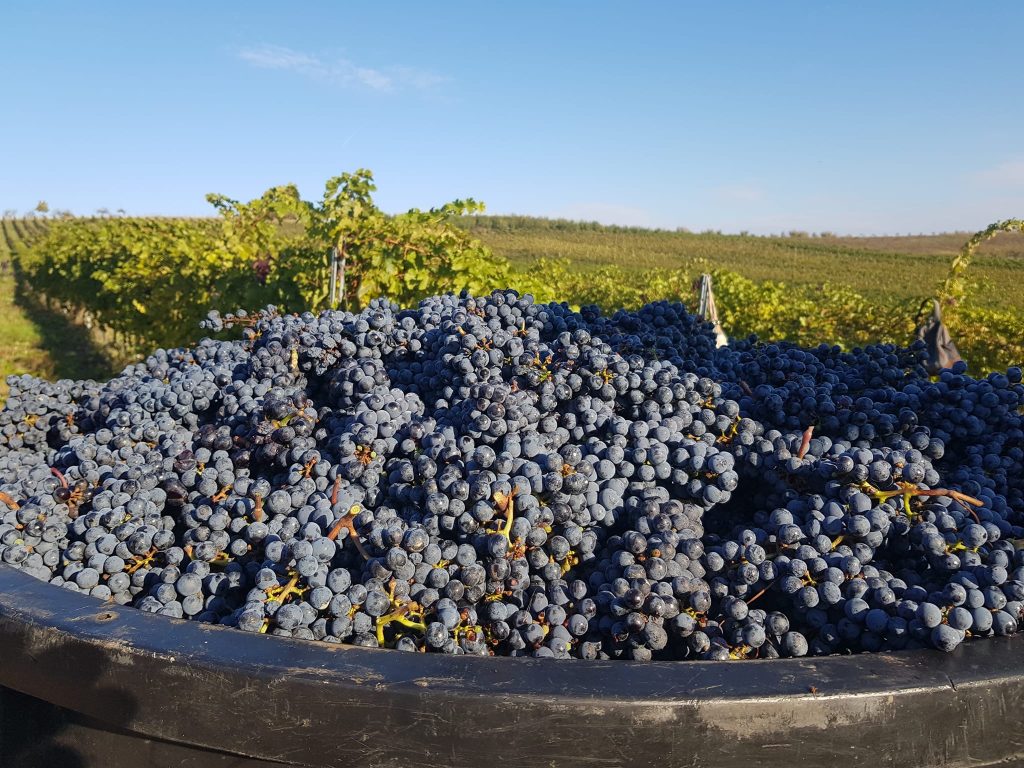
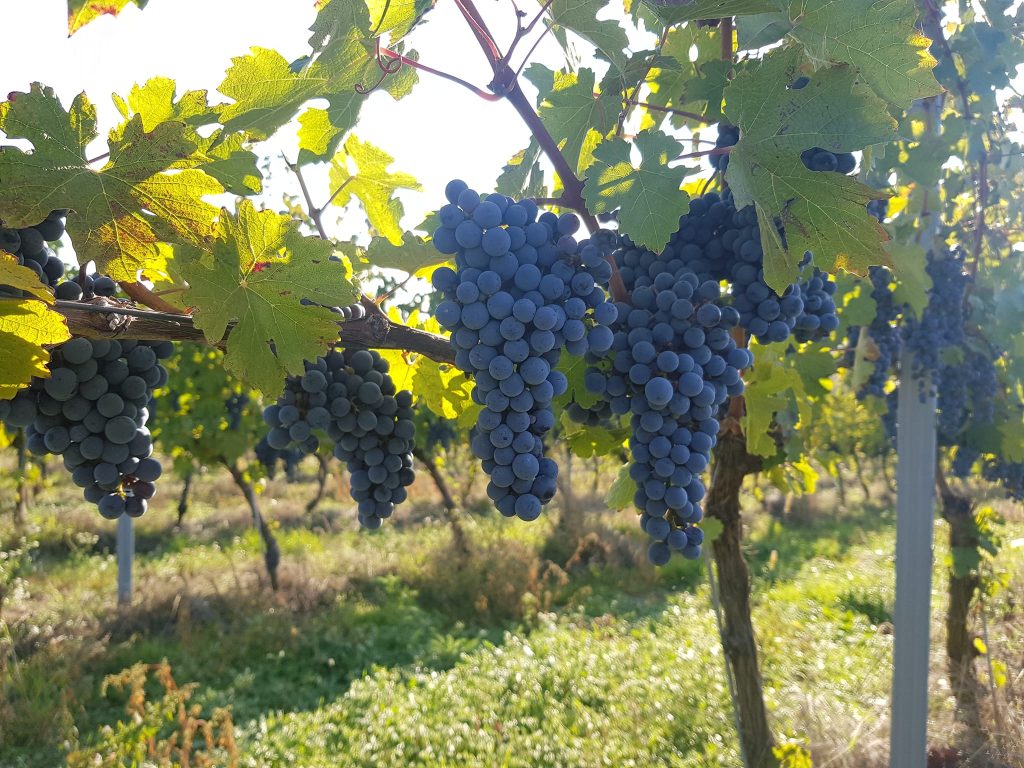
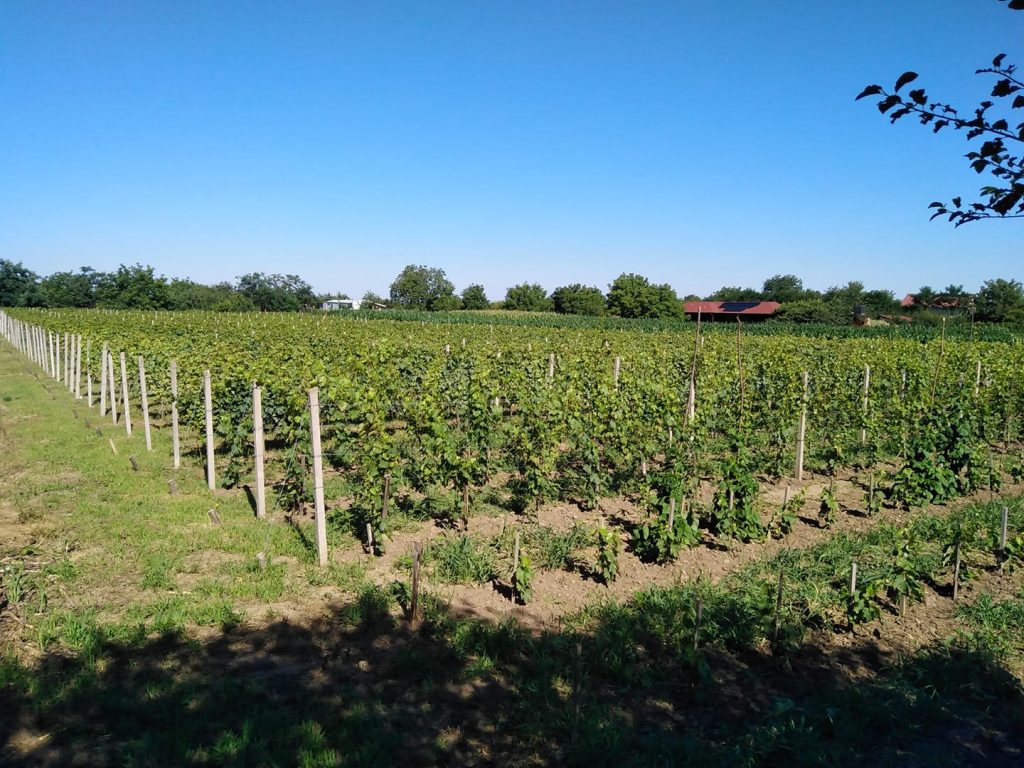
Jugrestan branding
Cristian Jugrestan spent the first part of his youth, until 2014, in Cluj. He had been told repeatedly that he should make a living from a job, not from a vineyard. However, he was a child raised among vines, taught from a young age to prune, plant, and make wine. Even though, as he admits, he discovered the secrets of wine much later. "I started tasting wine in high school, but I would also put cola in it, which really upset my dad. He couldn’t understand how that was possible. But our wines were strong; two glasses of them would put you to sleep, and we needed something to keep us up all night…"
In 2014, Cristian returned home, and in 2015, he started the company and obtained the first "holograms" (the ONDOV insignias) in 2019. During that period, Philomea Ruiter, a Dutchwoman in love with the wines of the region, was also involved in the company’s life, handling marketing & PR. Cristian, a lover of history and traditions, had discovered old traditional costumes from the area, which bore the symbol of the swastika – an ancient Indian/Indo-European solar symbol transmitted from one generation to another for many centuries before becoming one of the most hated symbols of the 20th century. "The logo was given to us by God, I can’t say it was a coincidence. I found a round piece of limestone and wanted to make Philomea a little gift, and this came out: two symbols born from the ancient swastika, in opposite directions, surrounded by stylized grapes, which became the logo of the winery. As for the name, we couldn’t call it a cellar, domain or vineyard; those are big, we have a cellar of 100 years, one of 200, and two newer, all small. And we only produce 4,000 liters of wine, at most, usually just 2,900-3,000 liters. And, looking for synonyms, we found „vinarie” (winery, a term less used in Romanian). And that word described us best, so it stayed," recounts Cristian Jugrestan.
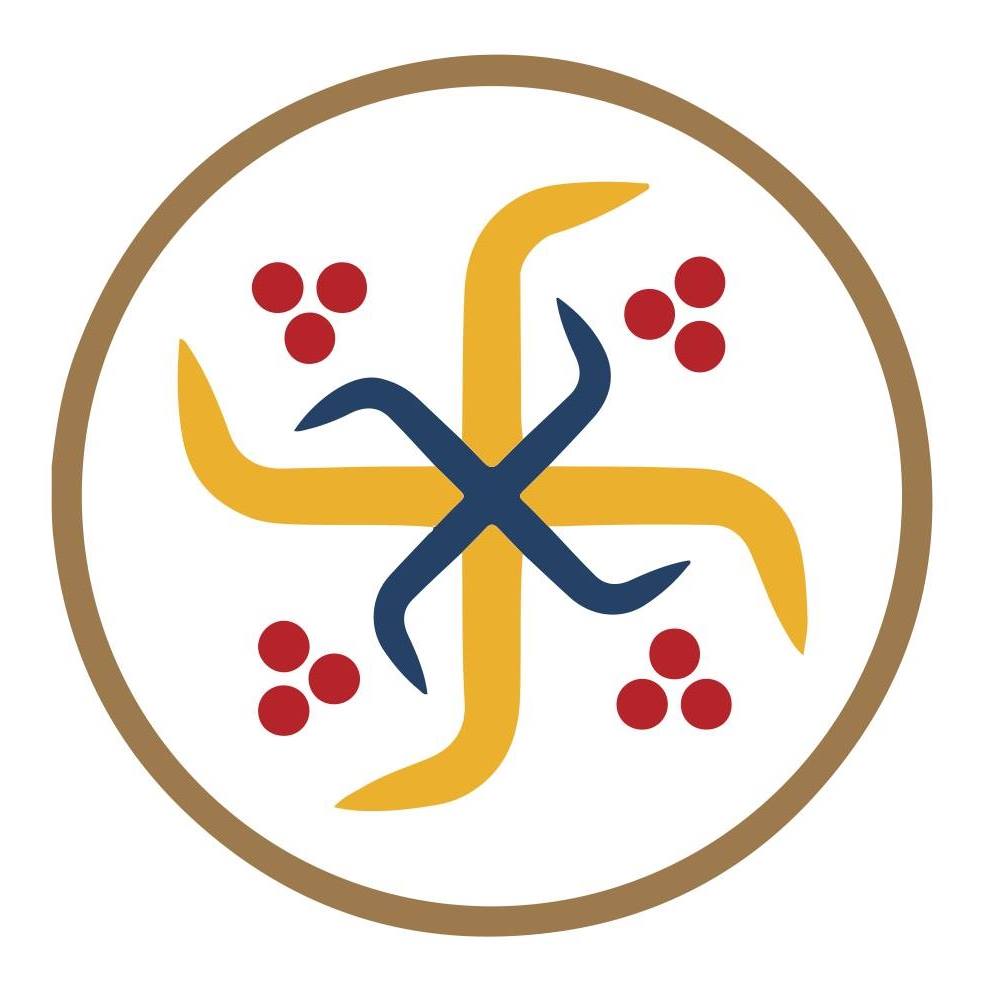
Wine Tourism at Jugrestan
For some time now, tourism in Carei has intensified, especially after the freshly renovated Karolyi family castle entered the scene. Unfortunately, Cristian’s wines can only be found at one restaurant and one store in town, but there is room for change after people understand that local food calls for local wine, especially for knowledgeable tourists. "One opportunity is the spa center we have planned because there are different types of tourists: those interested in thermal baths, balneotherapy, and those interested in spa experiences. If consumption becomes refined, it will be much better for everyone," says Cristian. The place is already set up for tourists if there aren’t too many. There is a terrace, three tasting areas, the neighbor rents out 8-10 lodging spots, and the area is filled with gardens, flowers, and fruit trees. Many of the neighbors have given up on vineyards, which require too much work, but the place has remained of rare beauty. And Cristian Jugrestan also got a cooking diploma to be able to welcome guests properly. If you happen to be in the area, don’t just stop for Merlot. Try the rest as well; they are at least surprising, you’ll see!
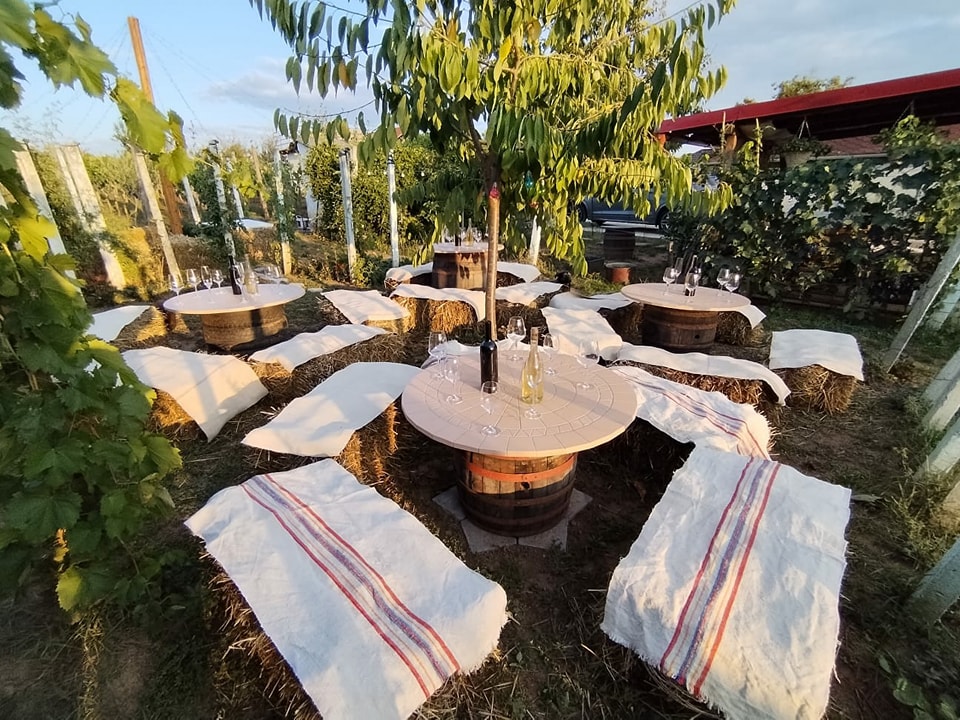
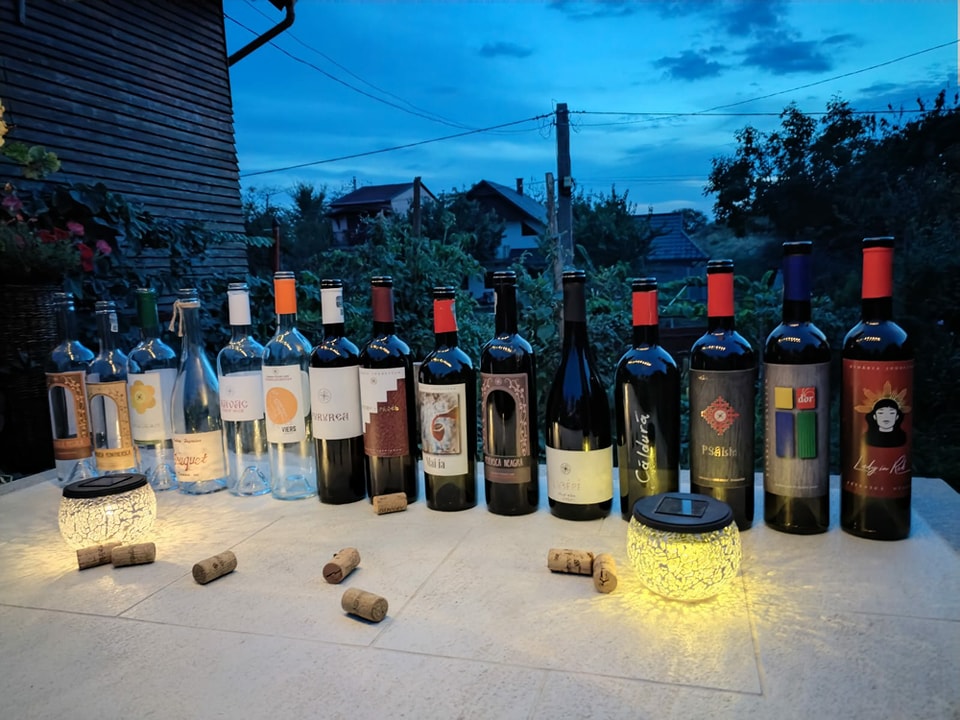
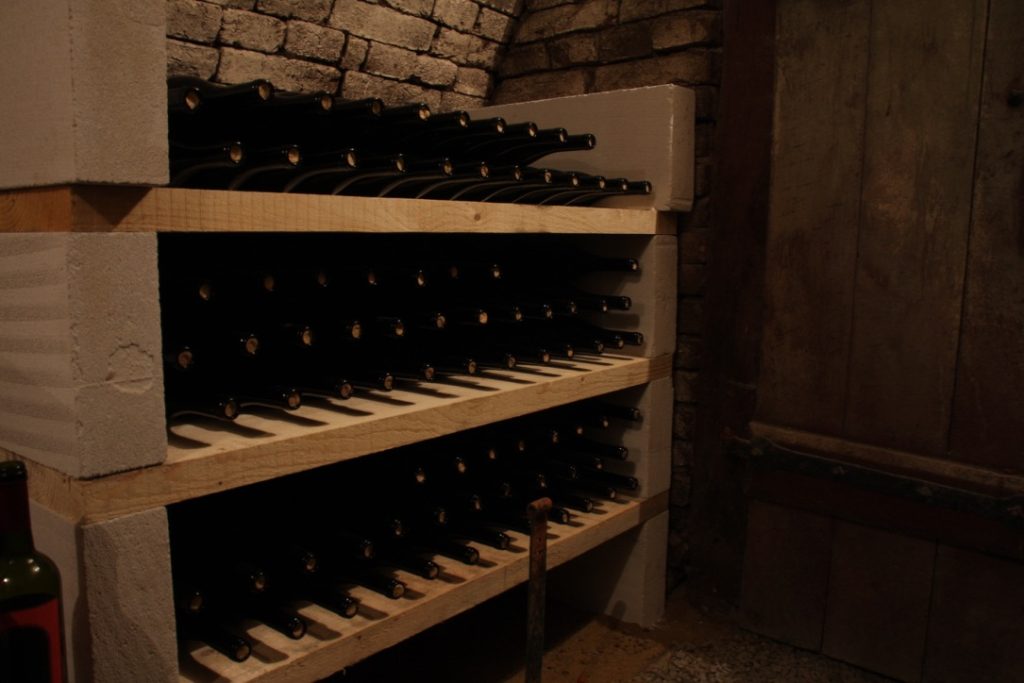
📷 Photo Credit: Jugrestan Winery

